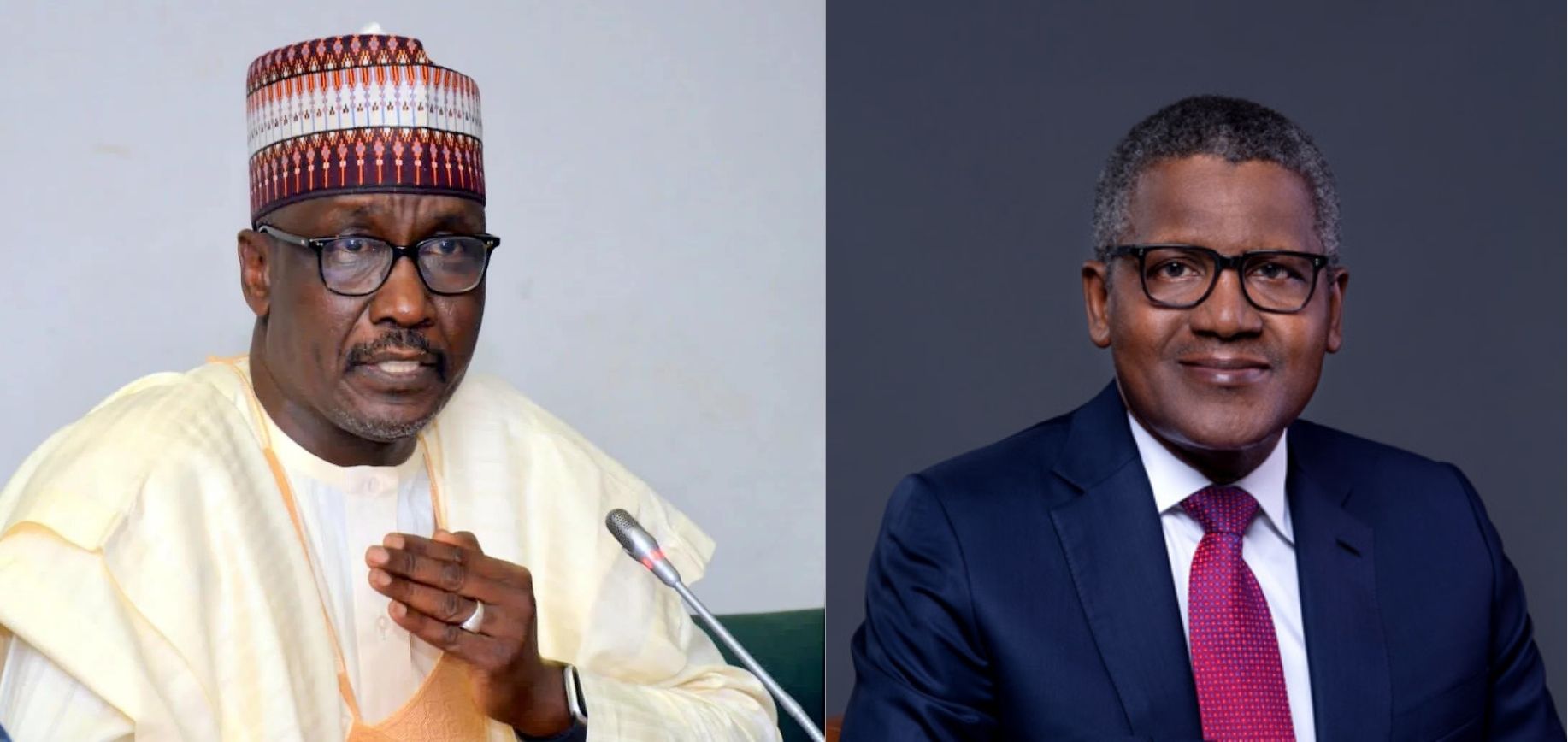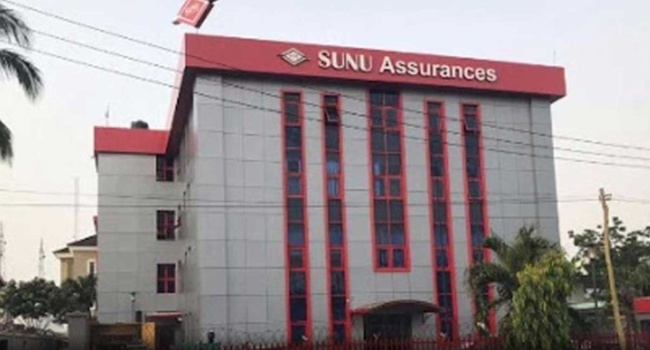Launching the Dangote Refinery and Petrochemicals is a milestone in Nigeria’s petroleum industry. After 10 years of development, this refinery promises to breathe new life into a sector plagued by inefficiencies, from dormant public refineries to expensive fuel imports and subsidies. The hope is that the Dangote Refinery will supply local and international markets and address the chronic fuel shortages that have burdened Nigerians for decades.
In its first six months, the refinery made a strong start by reducing the price of diesel by 38%, from N1,600 to N1,200, and delivering products like diesel, jet fuel, and fuel oil to both domestic and international markets. Despite these achievements, there are growing concerns that competition is needed to ensure the long-term stability and affordability of petroleum products in Nigeria.
Join our WhatsApp ChannelWhy Dangote Refinery Needs Competition
The biggest concern about the Dangote Refinery is the risk of it becoming a monopoly. Monopolies can dictate prices, often leading to higher costs for consumers. “When there’s no competition, the market suffers,” says a local economist. “We’ve seen it in other sectors like telecommunications, where the entry of new players led to better pricing and services.”
Currently, despite the refinery’s success, the price of petrol remains high, with some regions in Nigeria selling it between N855 and N899 per liter, and in extreme cases, over N1,200. The high fuel prices are putting significant pressure on both individuals and businesses. Some businesses are even folding up due to high energy costs, raising concerns about the refinery’s monopoly on the market.
There are also unresolved issues between the Dangote Refinery and the Nigerian National Petroleum Corporation (NNPC), a 7.2% shareholder in the refinery. One of the major issues is the inability of the NNPC to meet its crude supply obligation to Dangote, initially set at 300,000 barrels per day (bpd). As a result, the refinery has had to source crude from other countries, including the U.S., leading to concerns about its long-term sustainability.
READ ALSO: Dangote To Transport Refined Products By Sea
Encouraging More Refiners into the Market
Competition is key to preventing any refinery from having too much control. One encouraging development is that BUA Group is building a 200,000 bpd refinery in Akwa Ibom State. However, this alone may not be enough. More domestic refiners should be incentivized to enter the market. This includes modular refineries, which have been struggling to access crude feedstock from the NNPC.
With a population of over 230 million and a growing industrial sector, Nigeria has a huge demand for petroleum products. The country can benefit from multiple refiners operating in a competitive market. A refinery monopoly could stifle progress, just as monopolies in other industries have done in the past.
“The telecommunications sector is a great example,” says a market analyst. “Before the liberalization of telecoms in Nigeria, NITEL had a monopoly on the market. Nigerians were subjected to poor service, with only 720,000 active phone lines in the entire country. But once MTN and ECONET entered the scene, the market exploded. Today, Nigeria has over 300 million mobile lines, and competition has made services more affordable.”
Learning from the Telecoms Sector
The lesson from Nigeria’s telecom industry is clear: monopolies stifle growth, while competition drives innovation and affordability. NITEL, Nigeria’s first major telecom provider, struggled under its monopolistic control. It wasn’t until MTN and ECONET entered the market that the telecom sector truly took off. The arrival of Glo, with its revolutionary pay-per-second billing, pushed competition even further, leading to better services and prices for Nigerians.
The same principles apply to the oil and gas sector. Without competition, the Dangote Refinery may struggle to meet the demands of Nigerians, leading to inflated prices and inadequate supply. “We cannot afford to rely on just one refinery to meet our needs,” says a spokesperson from a local energy company. “We need multiple players to ensure that Nigerians get the best prices and services.”
Privatising Nigeria’s Public Refineries
One potential solution is to privatise Nigeria’s four publicly owned but non-functional refineries. These facilities have absorbed over $20 billion in maintenance over the past two decades without producing any refined products. Privatising them could open the door for more competition in the market, reducing Nigeria’s reliance on expensive fuel imports and ultimately driving down fuel prices.
The Bola Tinubu administration should consider selling these refineries and allowing private investors to compete in the downstream petroleum sector. “We need a free market, where multiple players can compete fairly,” says an industry expert. “This will benefit Nigerians in the long run.”
The Future of Nigeria’s Petroleum Industry
While the Dangote Refinery is a significant step forward, Nigeria mustn’t allow a monopoly to form. Competition is necessary to ensure fair pricing and a reliable supply of petroleum products. Encouraging more domestic and modular refineries, as well as privatizing public refineries, will help create a healthy, competitive market that benefits everyone.
For Nigeria’s petroleum industry to thrive, it must embrace the principles of competition, much like its telecom industry did. Without it, the promises of the Dangote Refinery could fall short, leaving Nigerians to bear the burden of high fuel costs and limited options.
Emmanuel Ochayi is a journalist. He is a graduate of the University of Lagos, School of first choice and the nations pride. Emmanuel is keen on exploring writing angles in different areas, including Business, climate change, politics, Education, and others.
- Emmanuel Ochayihttps://www.primebusiness.africa/author/ochayi/
- Emmanuel Ochayihttps://www.primebusiness.africa/author/ochayi/
- Emmanuel Ochayihttps://www.primebusiness.africa/author/ochayi/
- Emmanuel Ochayihttps://www.primebusiness.africa/author/ochayi/


















Follow Us